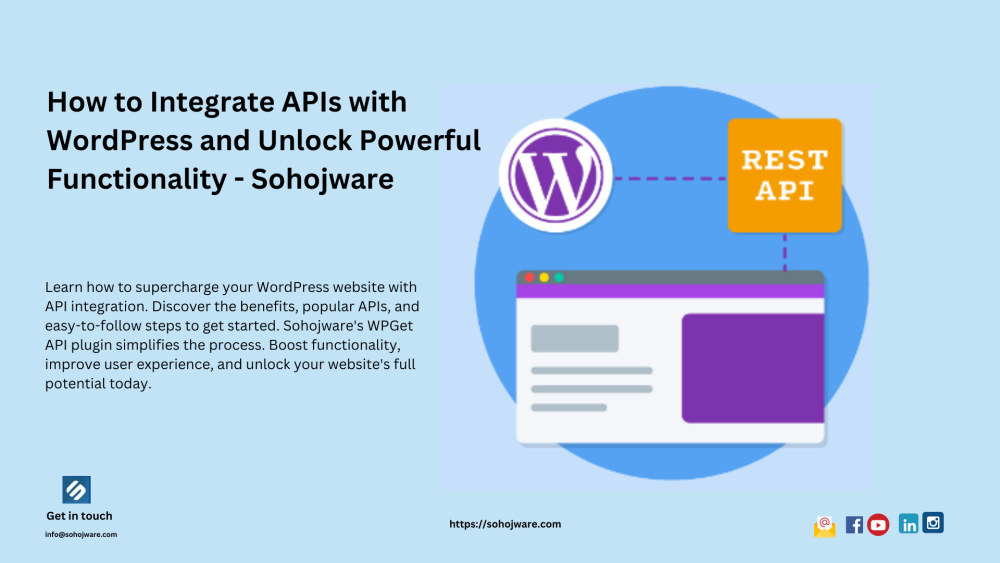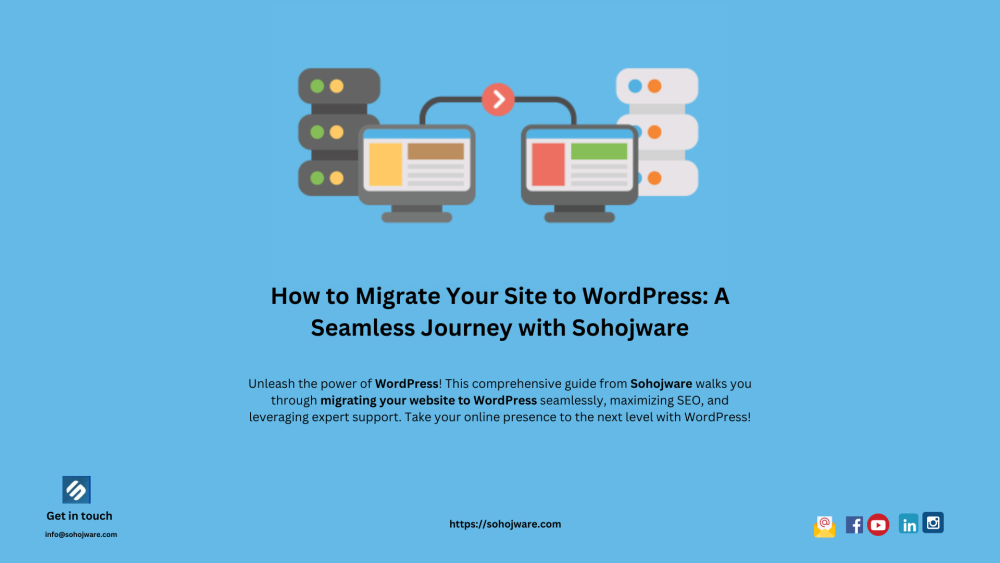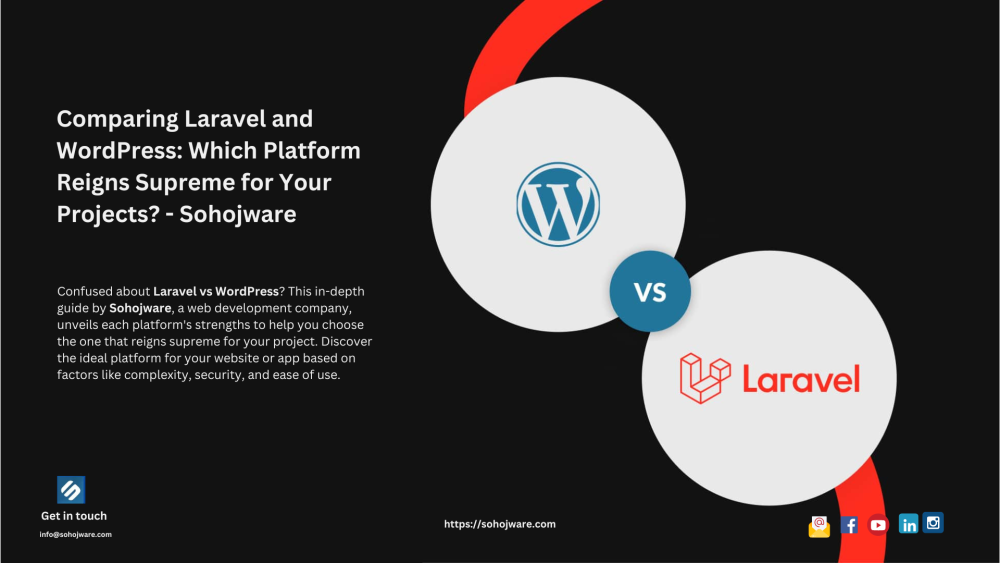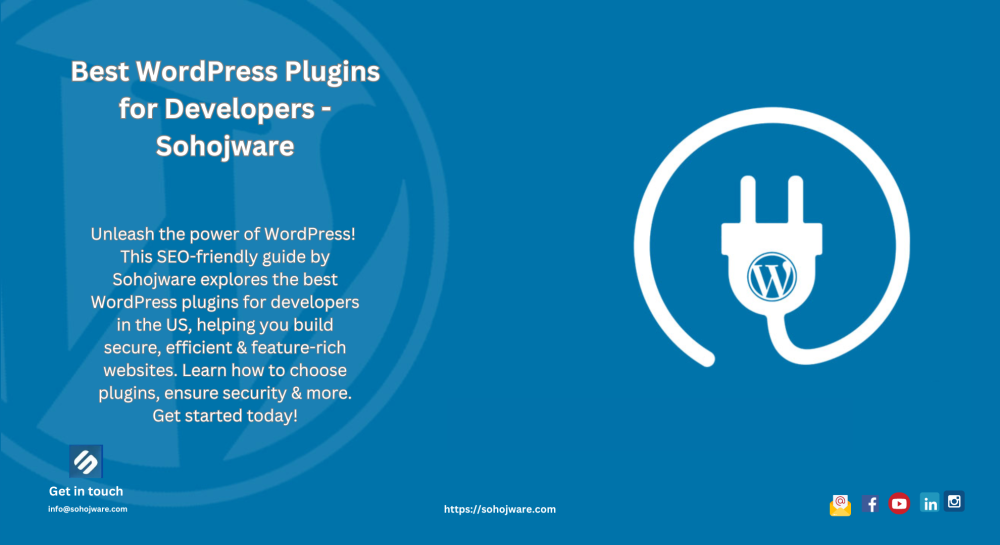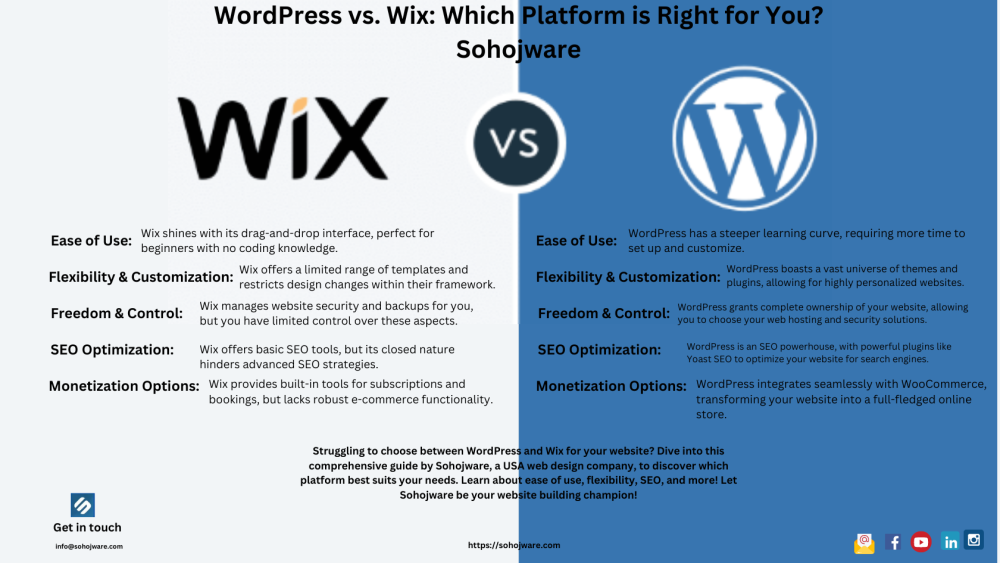In today's digital landscape, websites are no longer static entities. They're dynamic platforms brimming with possibilities. One way to enhance your WordPress website's functionality and user experience is by integrating APIs (Application Programming Interfaces).
What are APIs and How Do They Work with WordPress?
An API acts as a messenger between your WordPress website and external services. It allows your website to communicate and retrieve data from these services, seamlessly integrating their functionalities. Imagine displaying real-time weather updates, showcasing product information from an online store, or even allowing users to log in with social media credentials – all thanks to the power of integrating APIs with WordPress.
Benefits of Integrating APIs with WordPress
There are numerous benefits to be gained by incorporating APIs into your WordPress website. Here are just a few:
-
Enhanced Functionality: APIs unlock a vast array of features and functionalities that wouldn't be possible with traditional WordPress alone.
-
Improved User Experience: Integrate APIs to offer users features like social media logins, interactive forms, or real-time data feeds, making your website more engaging.
-
Streamlined Workflows: Automating tasks through API integration can save you and your team valuable time and effort.
-
Increased Scalability: APIs allow your website to grow alongside your business needs. As your website evolves, you can easily integrate new APIs to expand its capabilities.
Popular APIs for WordPress Integration
The world of APIs is vast, with countless options available depending on your specific needs. Here are some popular categories of APIs frequently used with WordPress:
-
Social Media APIs: Integrate APIs from platforms like Facebook, Twitter, or Instagram to enable social logins, display social feeds, or allow users to share content.
-
Payment Processing APIs: Streamline your online store by integrating APIs from PayPal, Stripe, or Authorize.Net to accept secure payments directly on your website.
-
Analytics APIs: Gain valuable insights into your website's performance by integrating APIs from Google Analytics or Similarweb to track traffic, user behavior, and conversions.
-
Mapping APIs: Enhance your website with interactive maps using APIs from Google Maps or OpenStreetMap.
-
Weather APIs: Integrate APIs like OpenWeatherMap or AccuWeather to display real-time weather updates on your website.
How to Integrate APIs with WordPress
Two main approaches to integrating APIs with WordPress are using plugins or custom coding.
1. Using Plugins:
This is a simpler and more beginner-friendly approach. Several WordPress plugins facilitate API integration, often without requiring any coding knowledge. A popular choice is the WPGet API plugin, developed by Sohojware. This user-friendly plugin allows you to connect your WordPress website to any RESTful API and display the retrieved data using shortcodes or template tags.
2. Using Custom Coding:
For more complex API integrations or situations where plugins lack specific functionalities, custom coding might be necessary. This approach requires knowledge of PHP and familiarity with the WordPress API. However, if you're not comfortable with coding, Sohojware offers custom development services to help you achieve your desired API integration.
Security Considerations When Integrating APIs
While API integration offers numerous benefits, security is paramount. Here are some key considerations:
-
API Permissions: Only grant the minimum permissions necessary for the API to function correctly.
-
Data Security: Ensure the API transmits data securely using HTTPS encryption.
-
Regular Updates: Keep your WordPress core, plugins, and themes updated to address potential security vulnerabilities.
Get Started with API Integration in WordPress
Integrating APIs with WordPress can unlock a world of possibilities for your website. Whether you're looking to enhance functionality, improve user experience, or streamline workflows, APIs offer a powerful solution. By leveraging the right approach and prioritizing security, you can transform your WordPress website into a dynamic and engaging platform.
FAQs about Integrating APIs with WordPress:
1. Is it difficult to integrate APIs with WordPress?
The difficulty depends on the chosen approach. Using plugins like WPGet API from Sohojware makes it relatively simple. However, custom coding requires more technical expertise.
2. What are the costs involved in integrating APIs with WordPress?
Many popular plugins are free to use. However, some premium plugins or custom development services might incur costs.
3. Do I need any coding knowledge to integrate APIs with WordPress?
Not necessarily! Plugins like WPGet API from Sohojware allow for API integration without coding. However, for complex integrations, coding knowledge might be beneficial.
4. Can Sohojware help me integrate APIs with my WordPress website?
Absolutely! Sohojware offers the WPGet API plugin for seamless integration, as well as custom development services for more intricate needs.
5. Where can I find more information about API integration with WordPress?
If you're looking to delve deeper into the world of API integration with WordPress, Sohojware is your go-to resource. Our comprehensive blog posts, documentation, and expert support team are here to guide you every step of the way. You can also explore online forums and communities dedicated to WordPress development for additional insights and troubleshooting tips.
Conclusion
By effectively integrating APIs with your WordPress website, you can unlock a wealth of possibilities to enhance functionality, improve user experience, and streamline your workflow. Sohojware's WPGet API plugin simplifies the process, making it accessible to users of all technical levels. Remember to prioritize security and explore the vast array of APIs available to achieve your desired outcomes.
